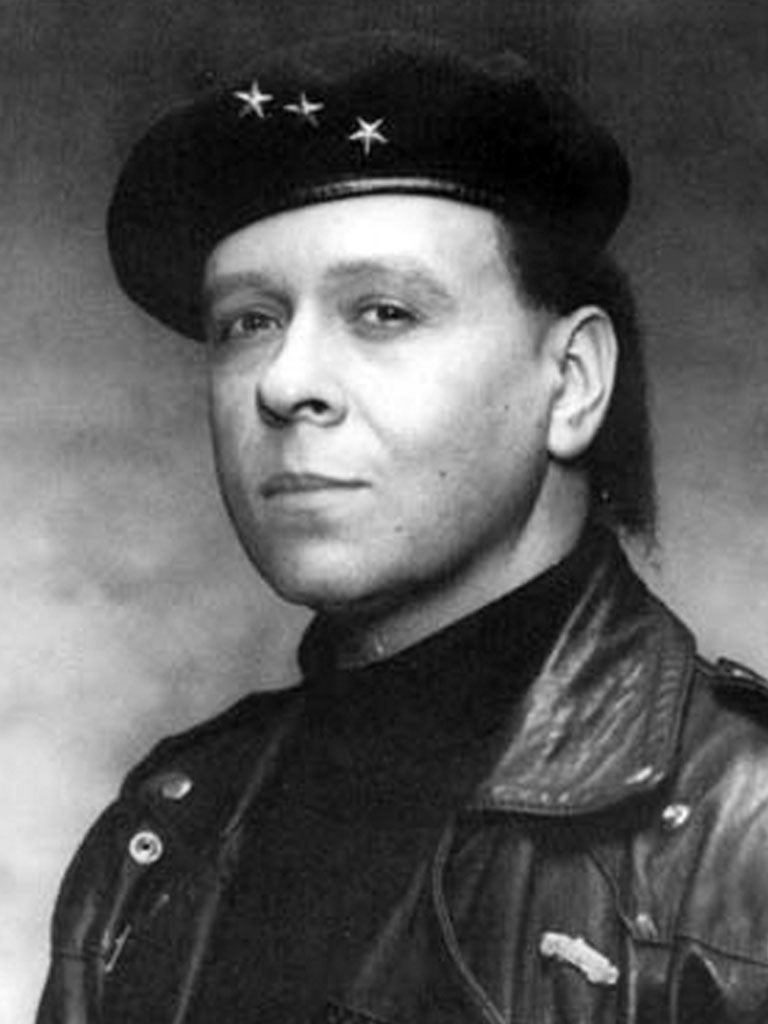Cedric Sharpley: Drummer who played with Tubeway Army

The drummer Cedric Sharpley was the human backbone of Gary Numan's android, futuristic synthpop sound of the late 1970s and early '80s.
Sharpley's tight, muscular, dynamic drumming, punctuated by the occasional fill and cymbal splash, and the bass of his rhythm section partner Paul Gardiner provided the perfect foundation over which glided the analog synthesiser lines played by Chris Payne and Numan himself.
Best heard on the epochal "Cars", Numan's road rage-inspired 1979 chart-topper, and the tracks "Metal" and "Films" from the No 1 album The Pleasure Principle, Sharpley's distinctive, "not quite robotic" drumming added a warmth that contrasted with the singer's cold, eerie, sci-fi infused pronouncements – "We Are Glass", "I Die: You Die" – and appealed to the emerging hip-hop community, particularly the DJ Afrika Bambaataa, as well the industrial music pioneer Trent Reznor of Nine Inch Nails and the electronica musician Moby.
A mainstay of Numan's studio and live band through most of the 1980s, Sharpley drummed on the albums Telekon, Dance, Warriors and Berserker, and several more Numan hits including "Complex", "This Wreckage" and "She's Got Claws". He also played drums and programmed the electronic drums on "Fade To Grey", the breakthrough song by the New Romantic outfit Visage, which was co-written by Payne and the Ultravox keyboard-player Billy Currie, another Numan accompanist, in 1979.
Born in Cape Town, South Africa, in 1952, Sharpley came to Britain and settled in Hertfordshire during the 1960s. With the bassist Neil Brewer and the singer and guitarist Dane Stevens he formed Druid, a progressive rock group often compared to Yes, especially once they added the keyboardist Andrew McCrorie-Shand to the line-up in 1974. Championed by Bob Harris, they appeared on The Old Grey Whistle Test and recorded two studio albums for EMI in the mid-'70s before disbanding.
In the spring of 1979, Sharpley joined Numan, who had already recorded two Tubeway Army albums with Gardiner and his uncle Jess Lidyard on drums, replacing the latter in time to perform "Down In The Park" and "Are 'Friends' Electric?" on the Whistle Test, and appear on Top Of The Pops as "Electric" raced to the top of the charts. When Numan announced his retirement after a whirlwind two years and three visually dazzling tours, including a series of farewell concerts at Wembley Arena in April 1981, Gardiner decided to go solo while the rest of the band, Sharpley, Payne, the guitarist Russell Bell and the keyboard-player Denis Haines, formed the grandly named Dramatis.
They signed to Rocket Records and issued the For Future Reference album and half a dozen electro-pop singles, though only "Love Needs No Disguise", to which Numan contributed his trademark adenoidal vocals, and "I Can See Her Now" charted. By 1983, Sharpley was backing Numan again. He subsequently reunited with Brewer in the bands Frame By Frame and Tinderfish.
Sharpley died of a heart attack. "Ced was not only a truly great drummer but a gentle, fascinating and funny man to be around and he will be greatly missed," Numan wrote on his website.
Cedric Sharpley, drummer and songwriter: born Cape Town 2 July 1951; died 13 March 2012.
Subscribe to Independent Premium to bookmark this article
Want to bookmark your favourite articles and stories to read or reference later? Start your Independent Premium subscription today.

Join our commenting forum
Join thought-provoking conversations, follow other Independent readers and see their replies